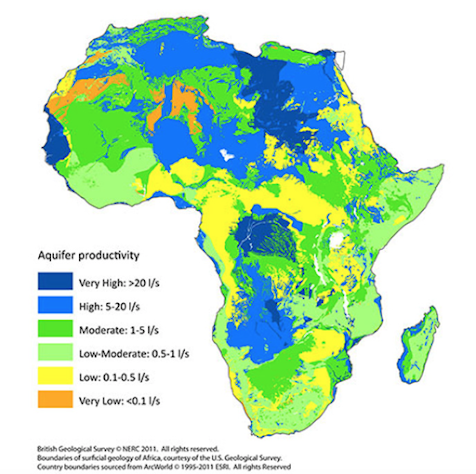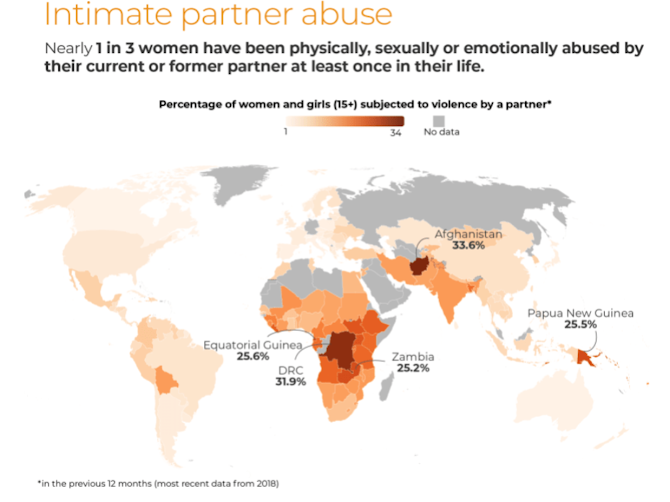#5 Improving WASH: progress so far
Last week we saw that women are actually often at the forefront of bringing gender transformative WASH improvement; today, I want to further discuss the varied approaches that are proposed and taking place across African countries to address water and gender issues.
Grassroots initiatives
One of the most common and celebrated ways in which WASH access is improved in African countries is through grassroots initiatives. The UN defines grassroots initiatives as "community-based approaches created to address localised problems". These bottom-up approaches allow locals to establish their own goals and come up with their own methods to achieve them as opposed to letting external managers take over local projects, which is essential for sustainably encouraging a participatory and anti-colonial development.
A major benefit for women participating in such projects includes not only the possibility to earn an income from managing water supplies, but also the freeing-up of time to dedicate to other income-earning activities. For instance, in Ethiopia, the average time women spend providing water for their families has gone down from 8 hours per day to 5-20 minutes when benefitting from a community-based project. Studies suggest, however, that grassroots initiatives should take place as long term projects rather than short term fixes if sustainable WASH improvement is to be achieved.



Comments
Post a Comment